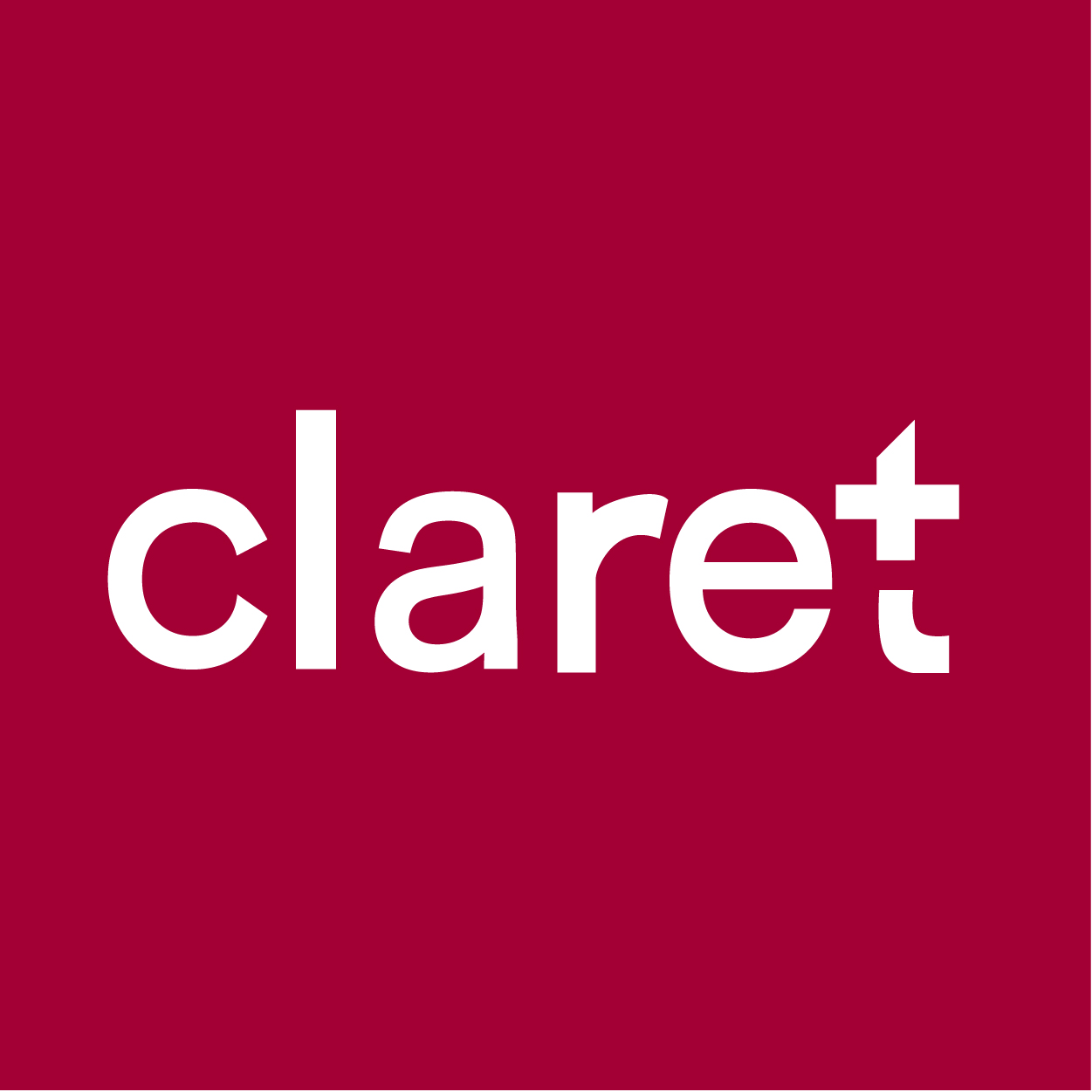Living on Savings: three scenarios, one conclusion
Stock markets worldwide continued to advance during the second quarter: the US market moved up another 4% or so while the Canadian market added 3%. As the saying goes, bull markets climb walls of worry. Can this be more accurate, especially when you read the newspapers littered with bad news, listen to stock market gurus who predict all kinds of bad outcomes? Although we do not know whether all these forecasts would turn out to be true, we prefer sticking with our quantitative and disciplined approach that identifies opportunities one company at a time.
We must say that as it was relatively easy to pick good companies at great prices in 2012 and 2013, we are finding it much more difficult to identify new names to add to our portfolios since the market has moved up. Thus our conclusion is that prudence is of the utmost importance.
****************************************************
There are many topics that we would like to highlight to you in our quarterly letter regarding saving, investing and spending in general. We have chosen 3 for you this quarter to help you understand the way we think in our day-to-day management of your portfolio:
- Living on savings:As people get closer to their retirement age, the most common question is how much can I spend without running out of money before I die?
We have done simulations on data spanning the last 100 years and have come to the following conclusions: firstly, if you spend less than 5% of your initial capital annually (i.e. $50,000 on a $1,000,000 of capital) and you index that dollar amount to inflation over the next 30 years, if your portfolio had an initial allocation of at least 50% in equity, you would not have run out of money. Secondly, the higher the equity allocation, the better off you are. Thirdly, if you are 100% invested in fixed income securities (i.e. bonds), there is one chance out of two that you will run out of money in less than 30 years.
We would like to point out that the spending amount calculated above includes paying taxes, i.e. taxes on interest, dividends and capital gains.
When you look at your portfolio statement at the end of every quarter, do not forget that the difference between the cost of your investments and their market value (i.e. the unrealized capital gain) does not entirely belong to you. For non-registered accounts, some will go to provincial and some to federal coffers. As we have been taught very early on in business schools, there are only 2 things that are sure in life: death and taxes.
- Danger of buying a fixed income security (or any investment for that matter) based on past returns:There have been a lot of questions regarding the excellent past performance of many bond funds. Financial newspapers rank them not only high on performance but also high on safety.
For example, has any investor asked themself how can a bond get a 1-year total return of 8% when the coupon on the bond is only 3%? Thanks to financial mathematics, it is possible. Firstly, there is a 3% coupon. Then, if interest rates go down, the bond price can increase by 5% over the year, and both add up to 8%. However, interest rates cannot go down forever. When they reverse, bond prices will go down and you might end up losing what you make on your coupon and more.
Using the same example, If you choose to hold on to your bond until it matures, the price above par (i.e.100) will revert back to par and thus the only important attribute of the bond is its yield to maturity, mostly meaning that the coupon adjusted by the price paid when it was purchased.
We view bonds as a fixed rate of return investment. Therefore, the coupon is the most important part of our consideration. Most fixed income funds are sold on past performance basis which includes unpredictable capital gains. When capital gains are larger than the coupon, they become highly dangerous to your financial health.
- Launch of a new Fund:Last but not least, you already know that we have recently launched 2 pooled funds (equity and fixed income) to accommodate our smaller accounts (TFSAs, Locked-in RRSPs, RESPs and others), clients who have professional restrictions regarding their personal investments and those who would like to avoid future tax reporting and liabilities on US assets held.
Please let us know if you require any additional information pertaining to the launch of these funds and we will make sure your portfolio manager gets in touch with you with all the answers to your questions.
We are now about to launch a new fund called the Claret “Outside-The-Box” Fund.
The objective of the fund is to seize opportunities:
- that are not main stream compared to a plain vanilla buy-and-hold strategy (Claret’s bread and butter);
- that are not available to certain accounts because of certain regulatory restrictions;
- that are not investible to all clients in aggregate due to either size constraints (or any other pertinent reason);
We want to make sure that we treat every client fairly, in other words, include every client in all the strategies we use in our money management process that we believe will enhance their overall return.
We firmly believe every client should participate in this Fund. In doing so, nobody will miss any investment opportunity, no matter how complex the strategy is.
Above all, we will not stray from our investment philosophy, which is ONE INVESTMENT AT A TIME BASED ON A FUNDAMENTAL, QUANTITATIVE AND DISCIPLINED ANAYSIS PROCESS.
The Claret team
Ombudsman for Banking Services and Investments – OBSI
Claret has recently become a member of the OBSI – Ombudsman for Banking Services and Investments – as required by Nation Instrument 31-103 for provincial regulators across Canada, except for Quebec. OBSI is an independent dispute –resolution service that investigates unresolved disputes at no charge to the client. They can be reached at 1-888-451-4519 or at www.obsi.ca. A similar service is available to clients in the province of Quebec through the AMF – Autorité des marchés financiers.
Canadian Anti-Spam Legislation – CASL
As of July 1st 2014 the first stage of the Canadian Anti-Spam Legislation CASL has taken effect and impacts how communications takes place through the internet with emails. As we have an ongoing business relationship with you we are either in compliance with or have an exemption from the new legislation.
Foreign Account Tax Compliance Act – FATCA
On May 2nd, 2014, the US Department of the Treasury and the Internal Revenue Service announced that calendar years 2014 and 2015 will be regarded as a transition period for purposes of IRS enforcement and administration with respect to the implementation of the Foreign Account Tax Compliance Act – FATCA.This only impacts US citizens and US residents. Claret is in the process of complying with this new legislation.
If you have any questions or comments please contact us directly at 514-842-6110 or toll free at 1-888-842-6110.







